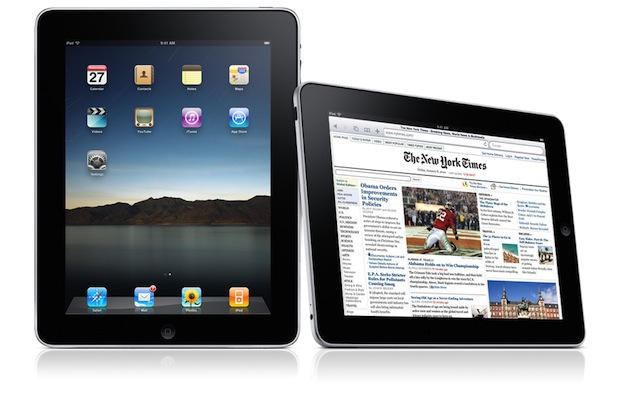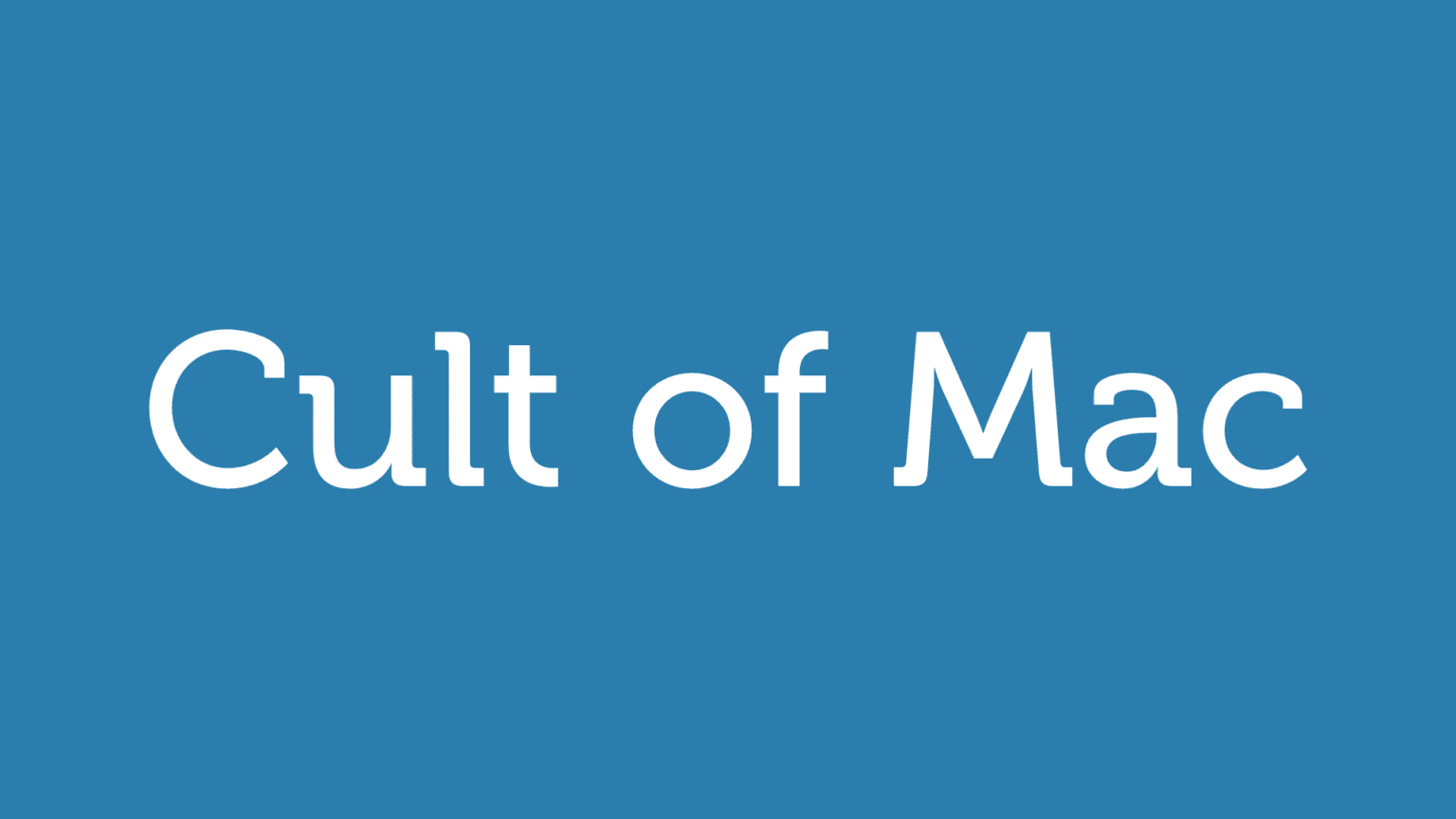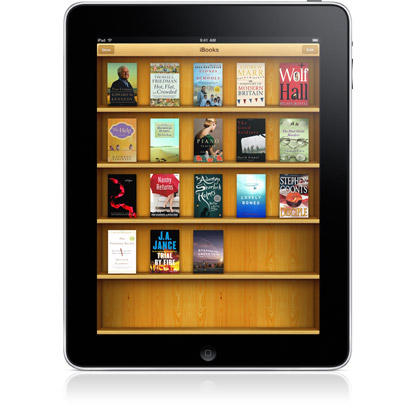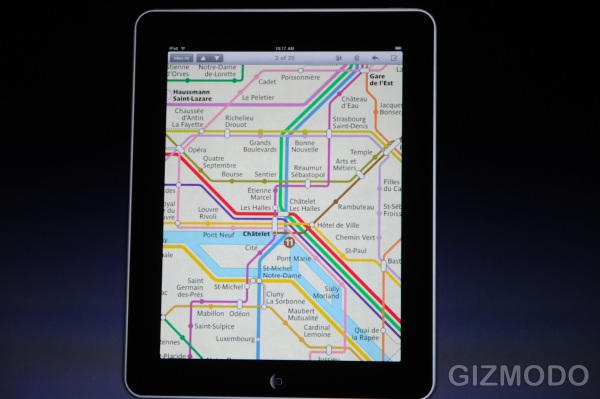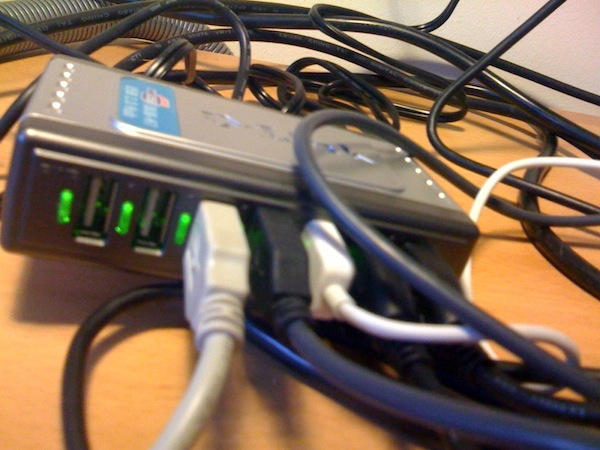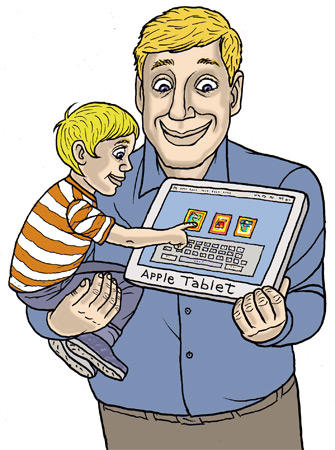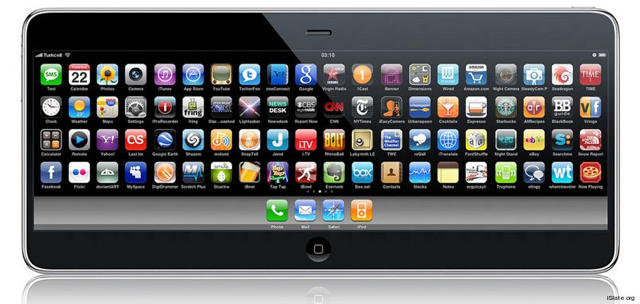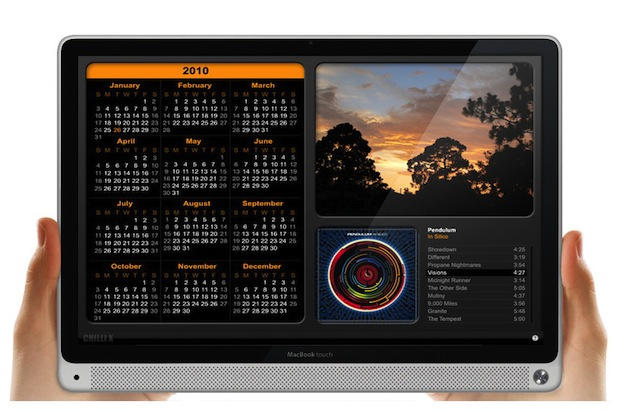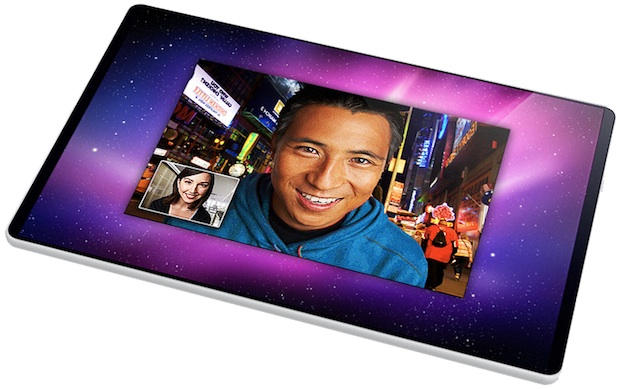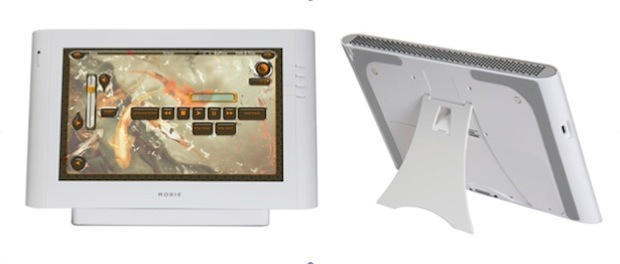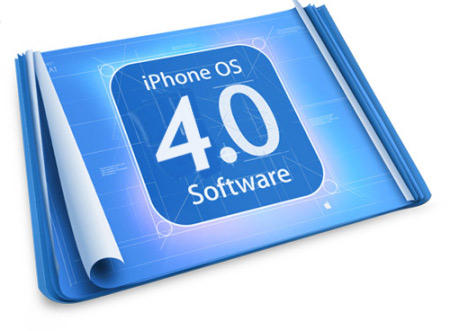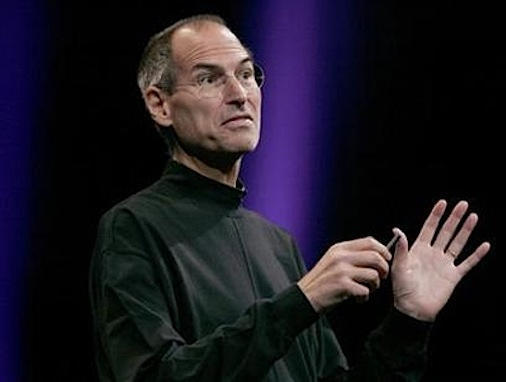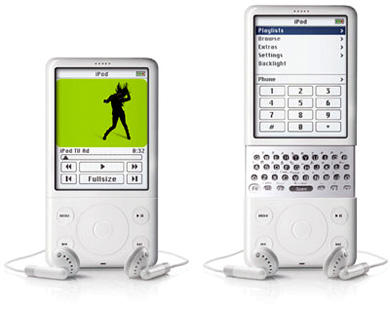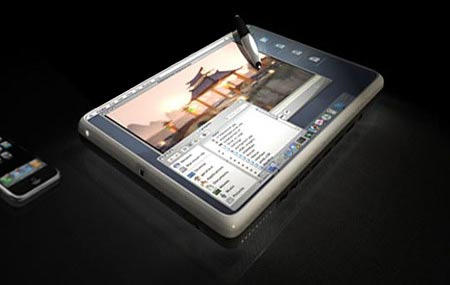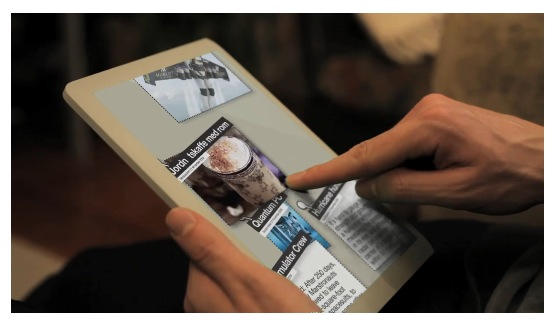A lot of people following the Steve Jobs iPad keynote this morning weren’t convinced about the device until he mentioned the price: $499.
All of sudden, people wanted to buy three of them.
The price is the big news here. Everyone was expecting it to cost $700 to $1,000 — Apple makes pricey products, right?
But there’s no “Apple tax” on the iPad. This thing is priced to move, and they’re going to sell boatloads of them. And not just to Apple fans — the iPad will attract scores of Windows switchers.
Go to any Apple store and you’ll see heaving throngs of shoppers checking out Apple’s goods. A lot of them are Windows users shopping for a new home machine to replace an aging Windows box. They’re sick of the headaches and want an alternative.
The iPad is that alternative. It’s not an extra gadget, a luxury for someone who already has an iPhone and a laptop. It’s a replacement for that laptop — a true alternative.
And at $499, it’s also an alternative to the Kindle, cheapo netbooks and even Apple’s own MacBooks.
The iPad+ keyboard dock = cheap MacBook. It’s half the price of Apple’s cheapest MacBook, and a third of the MacBook Air.
Steve Jobs is a ballsy guy. He’s probably the ballsiest CEO in the U.S. right now. Who else would undercut their own laptop line — which are Apple’s most popular and most profitable computers — with a brand new device that costs half the price?
But this is how Jobs rolls. He killed the popular iPod Mini and replaced it with the iPod Nano. He’s undercutting the entire iPod line with the iPod Touch. He’s a forward-looking guy, and the iPad is a forward-looking computer.
